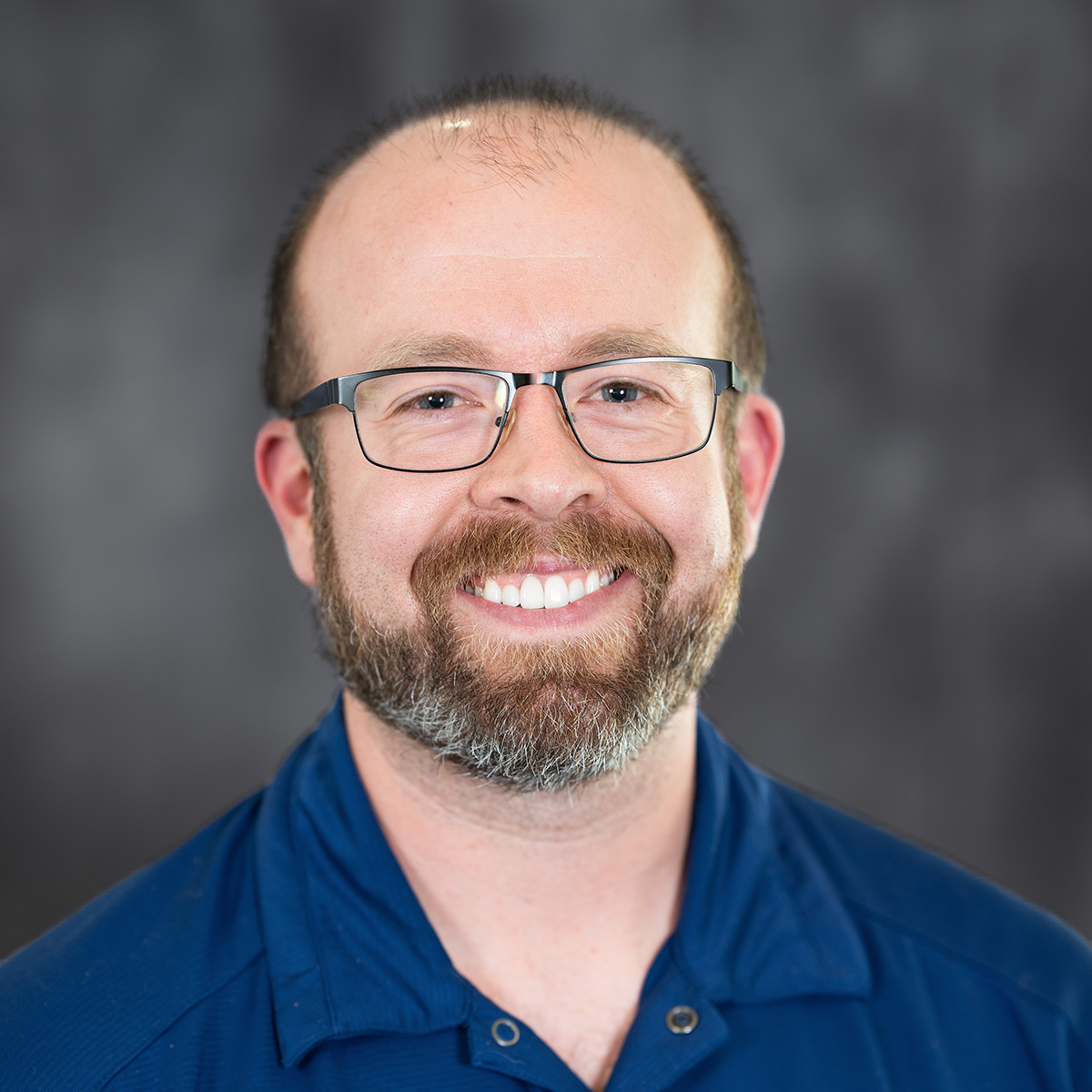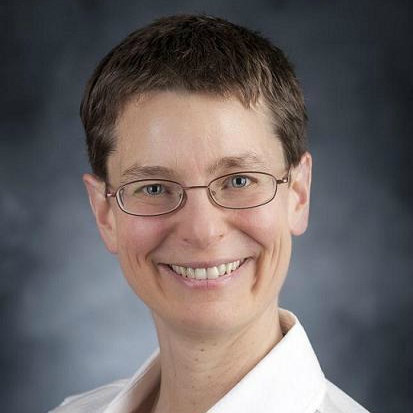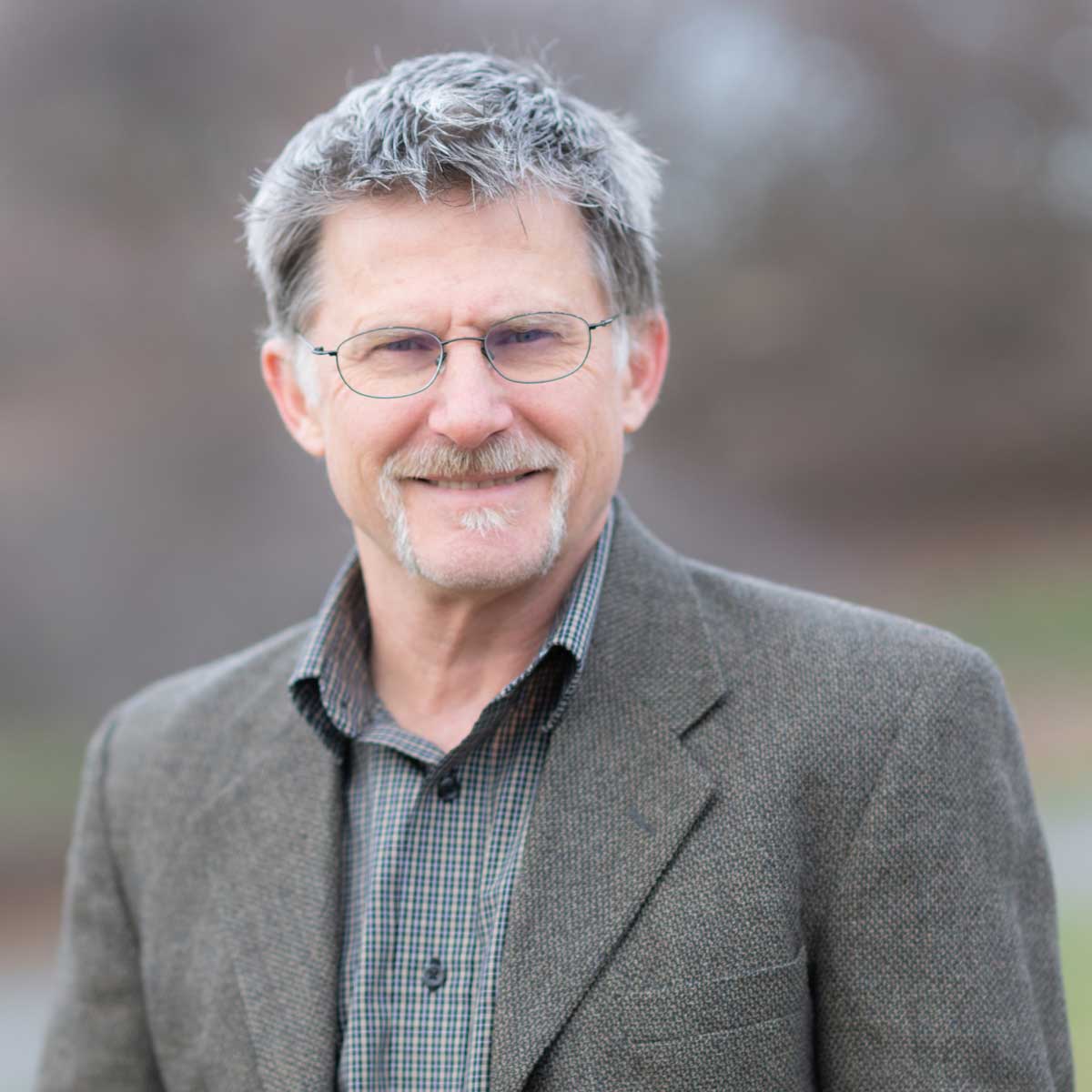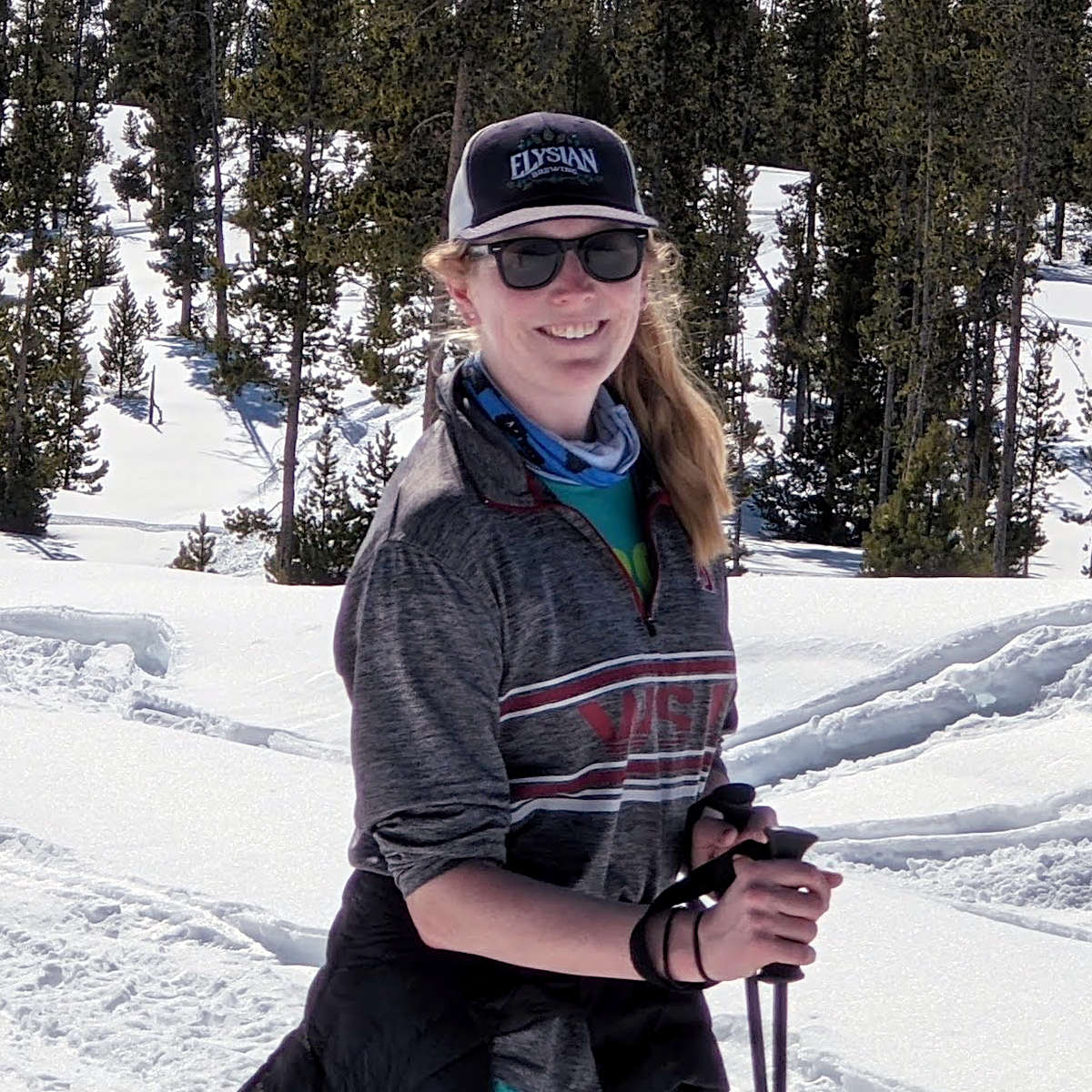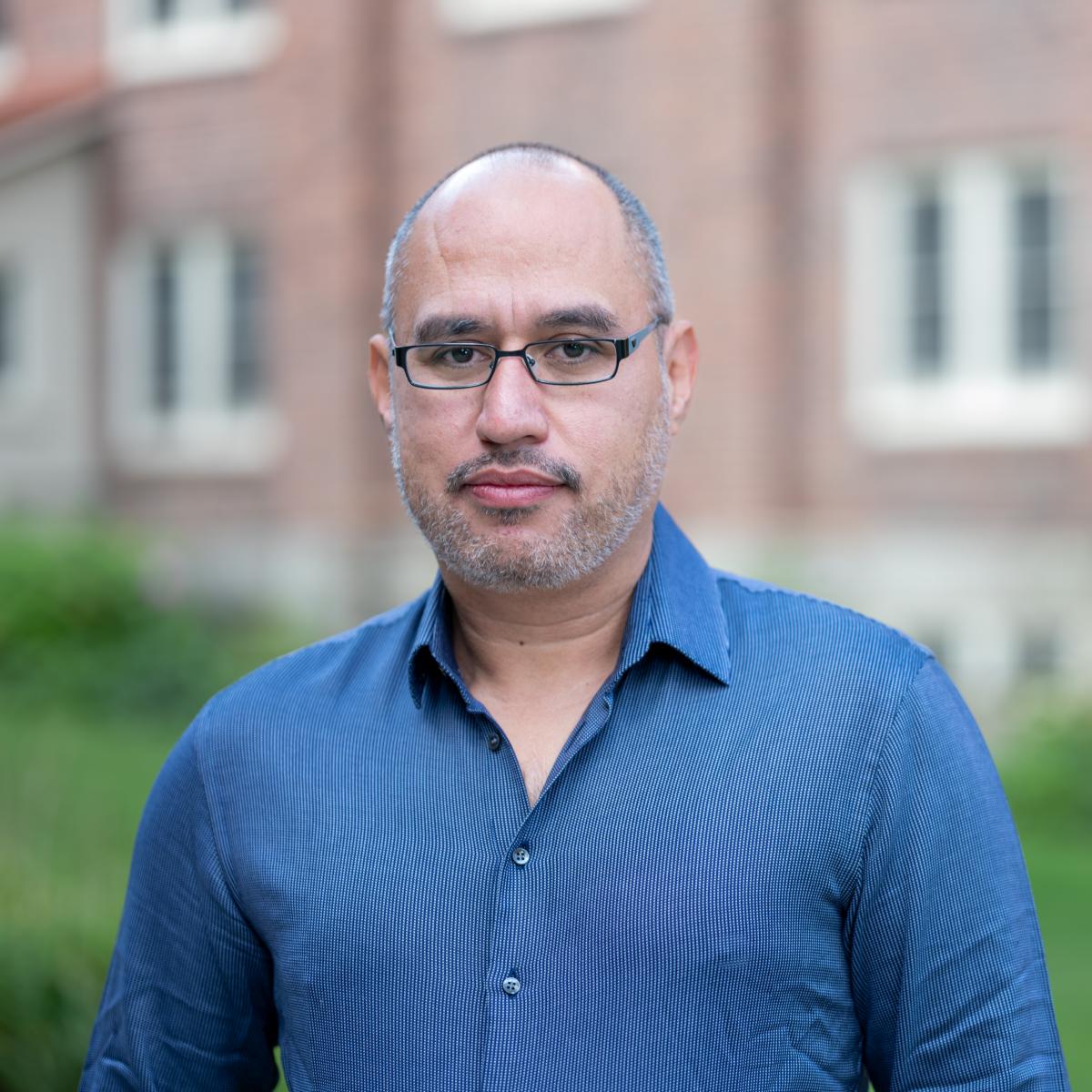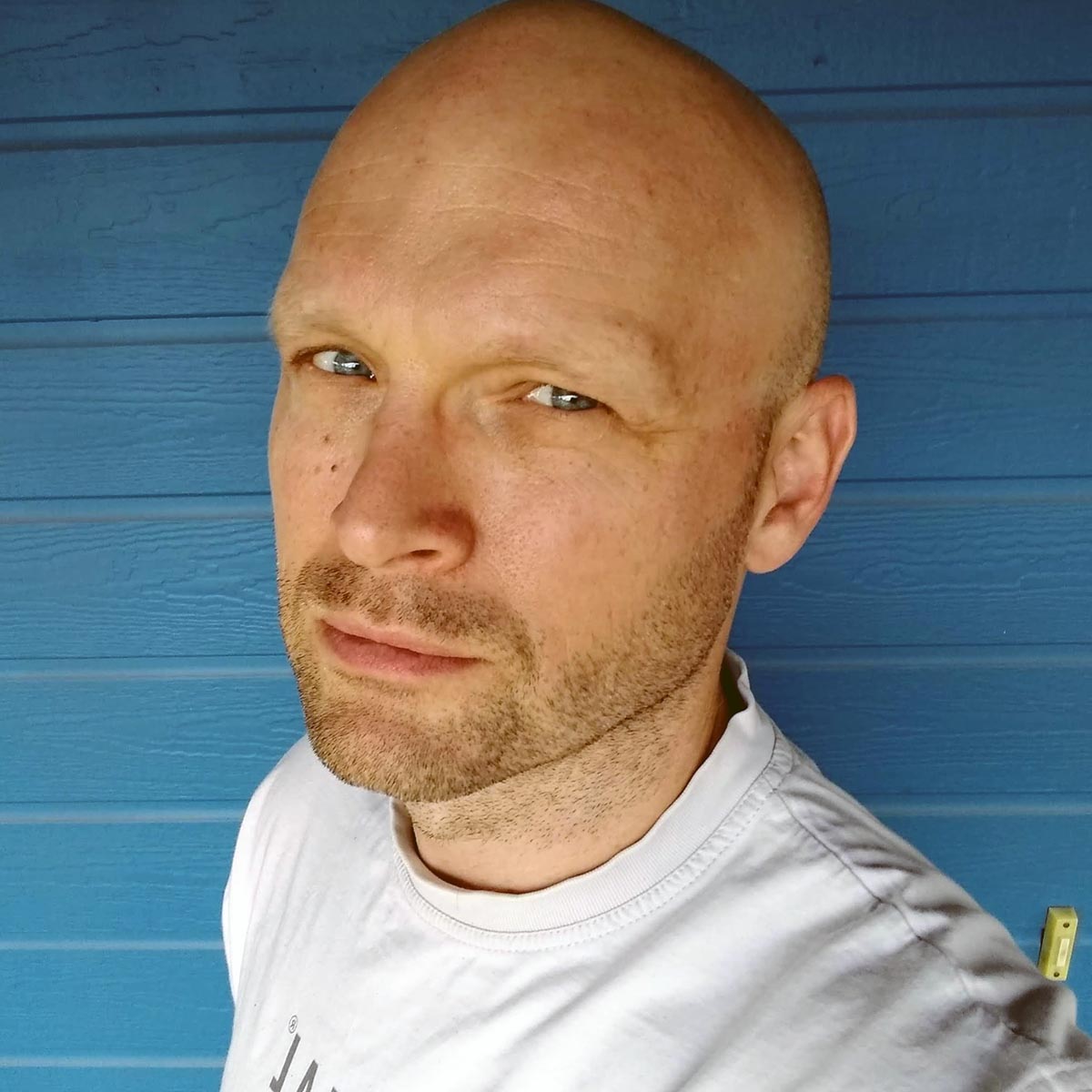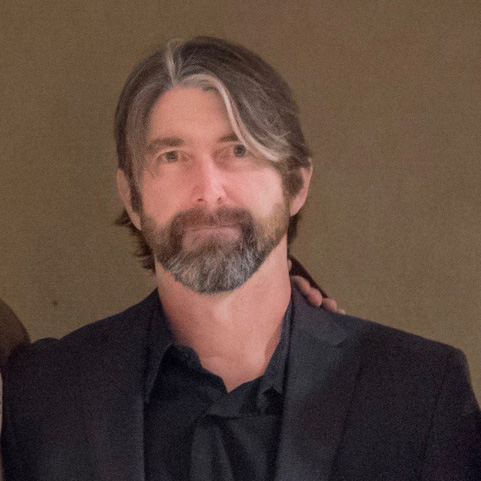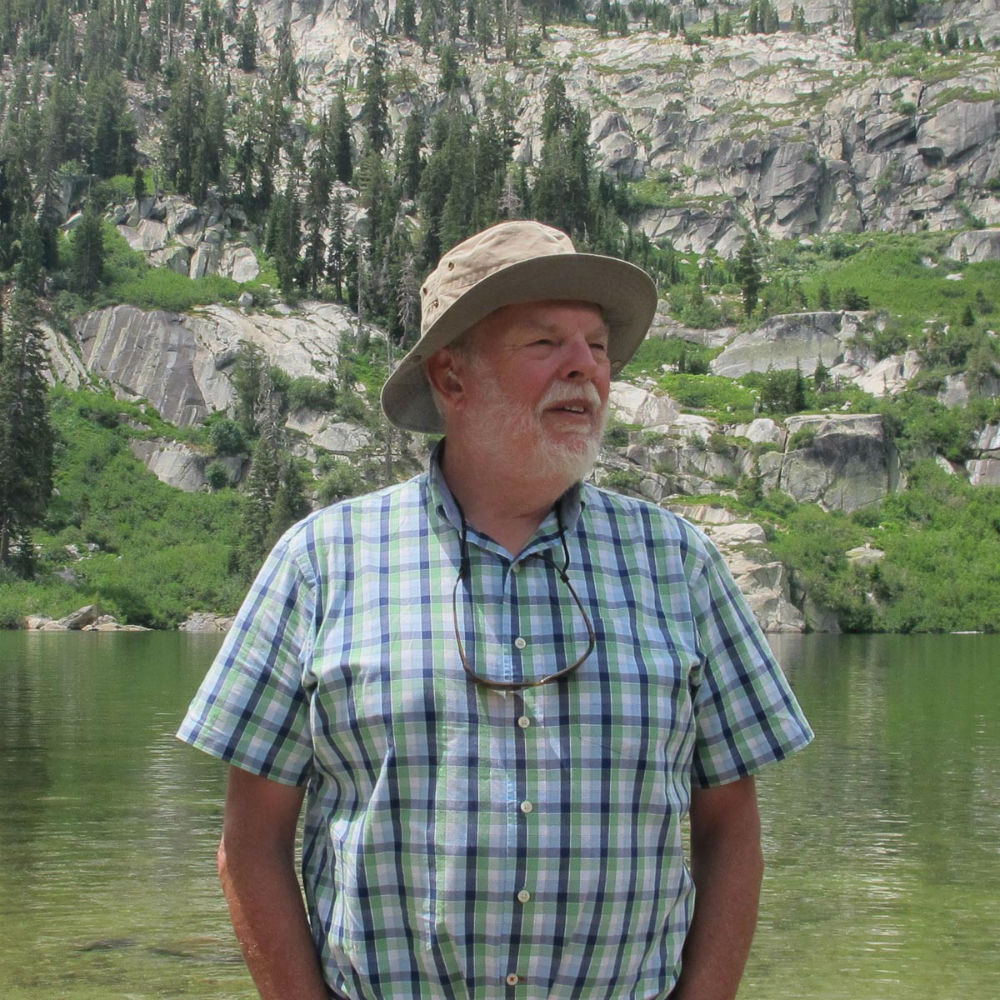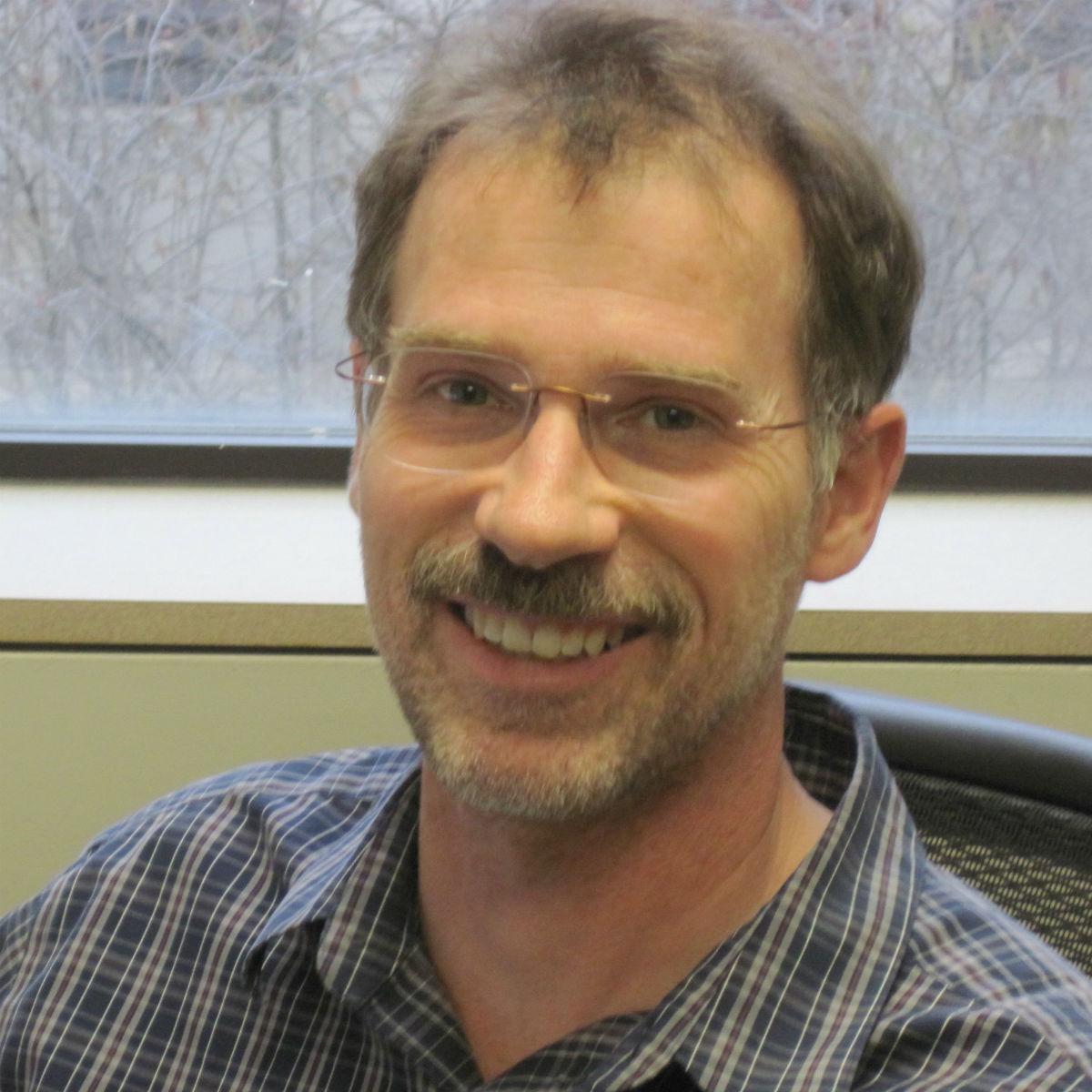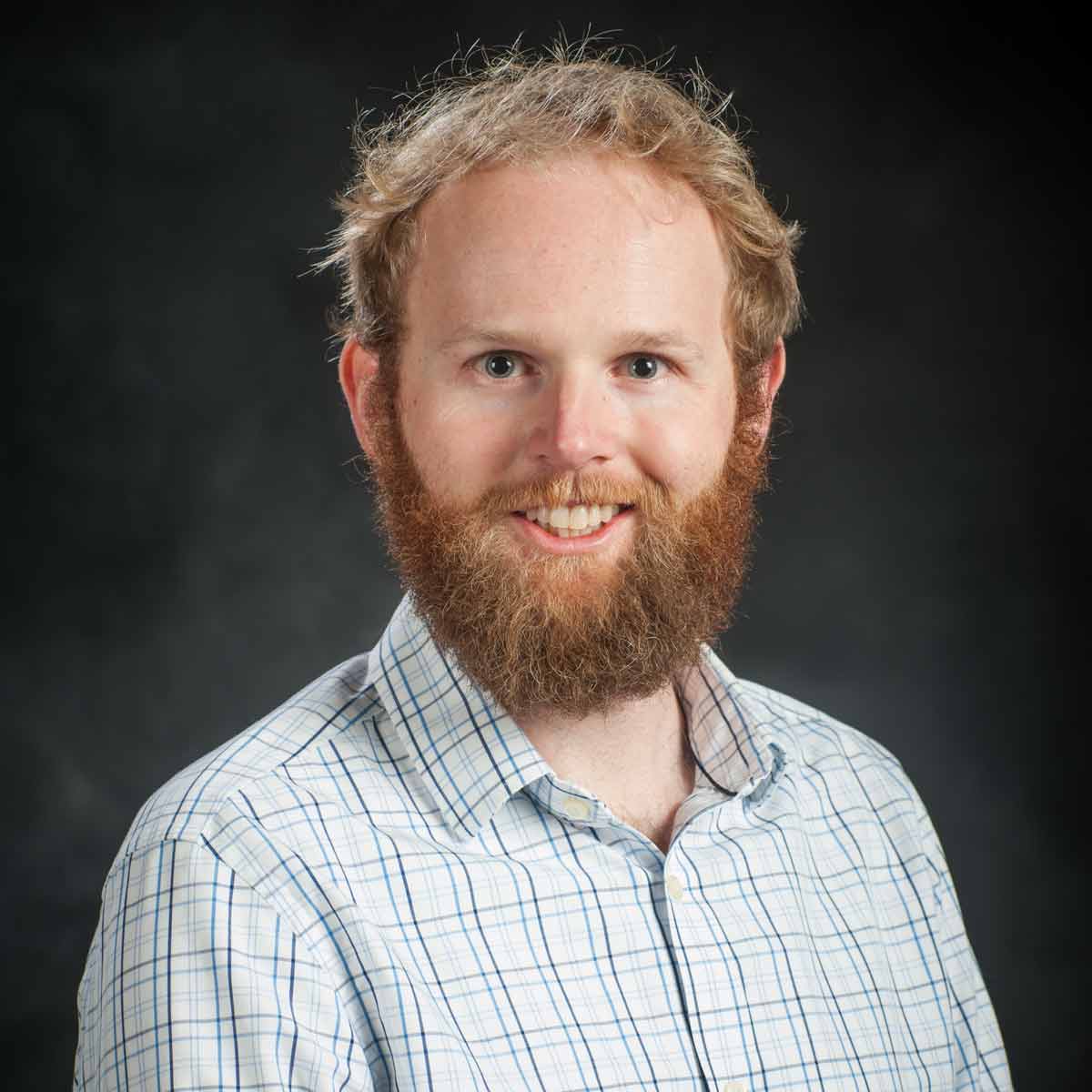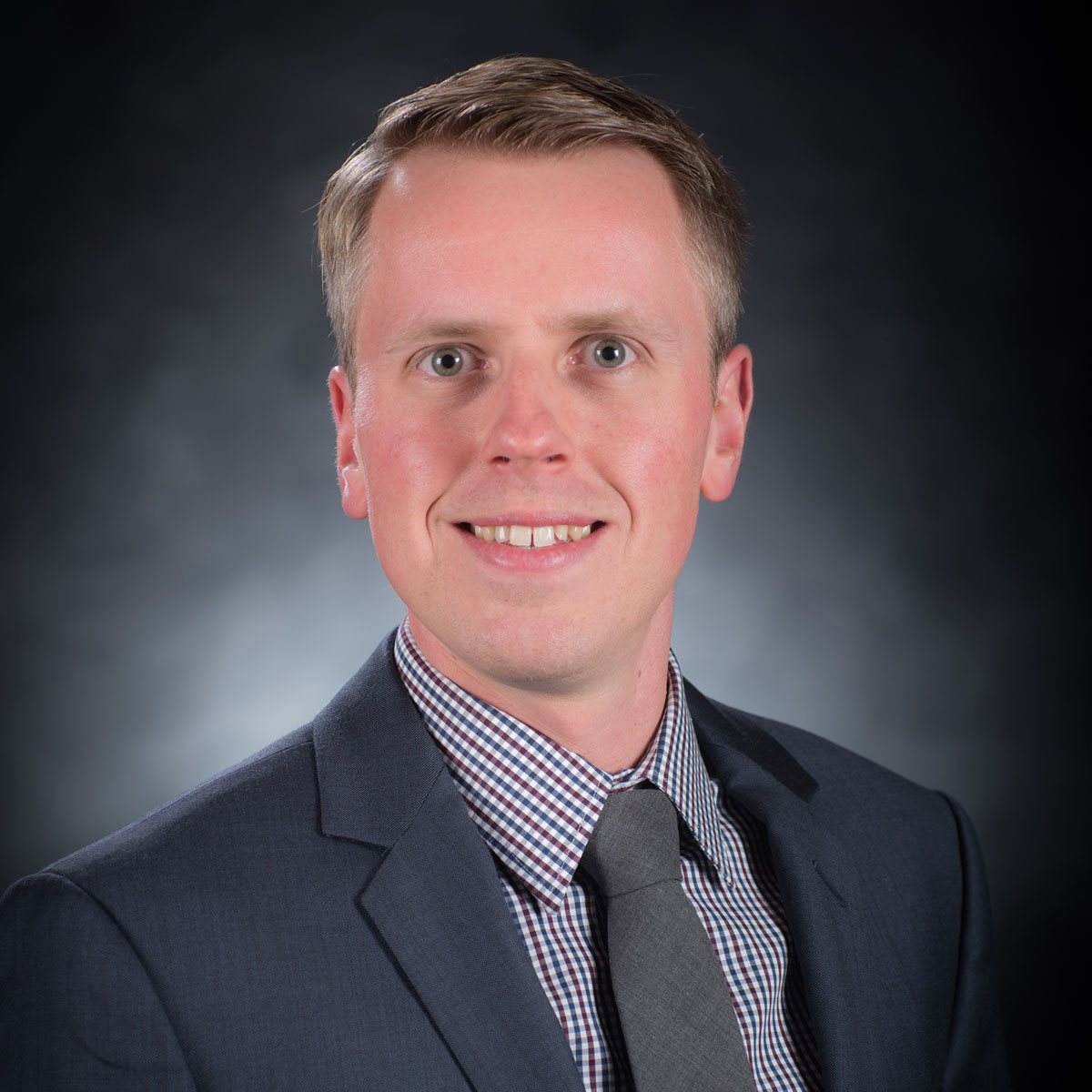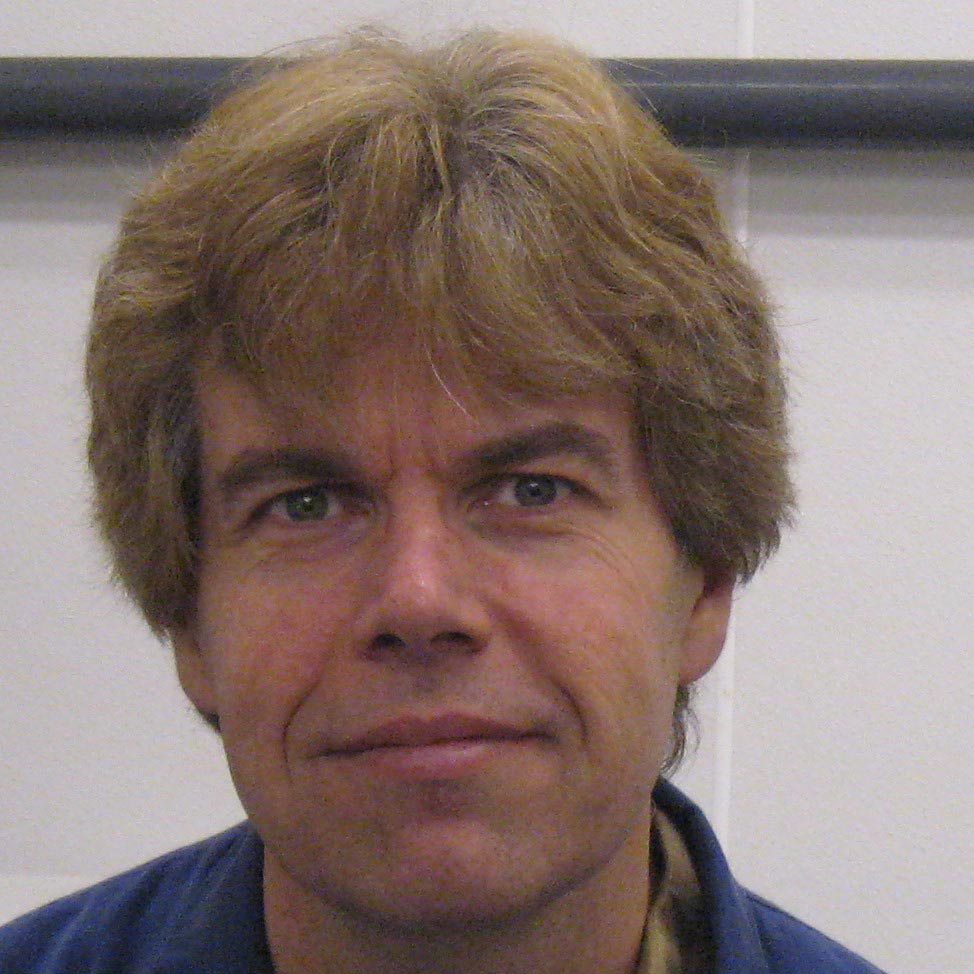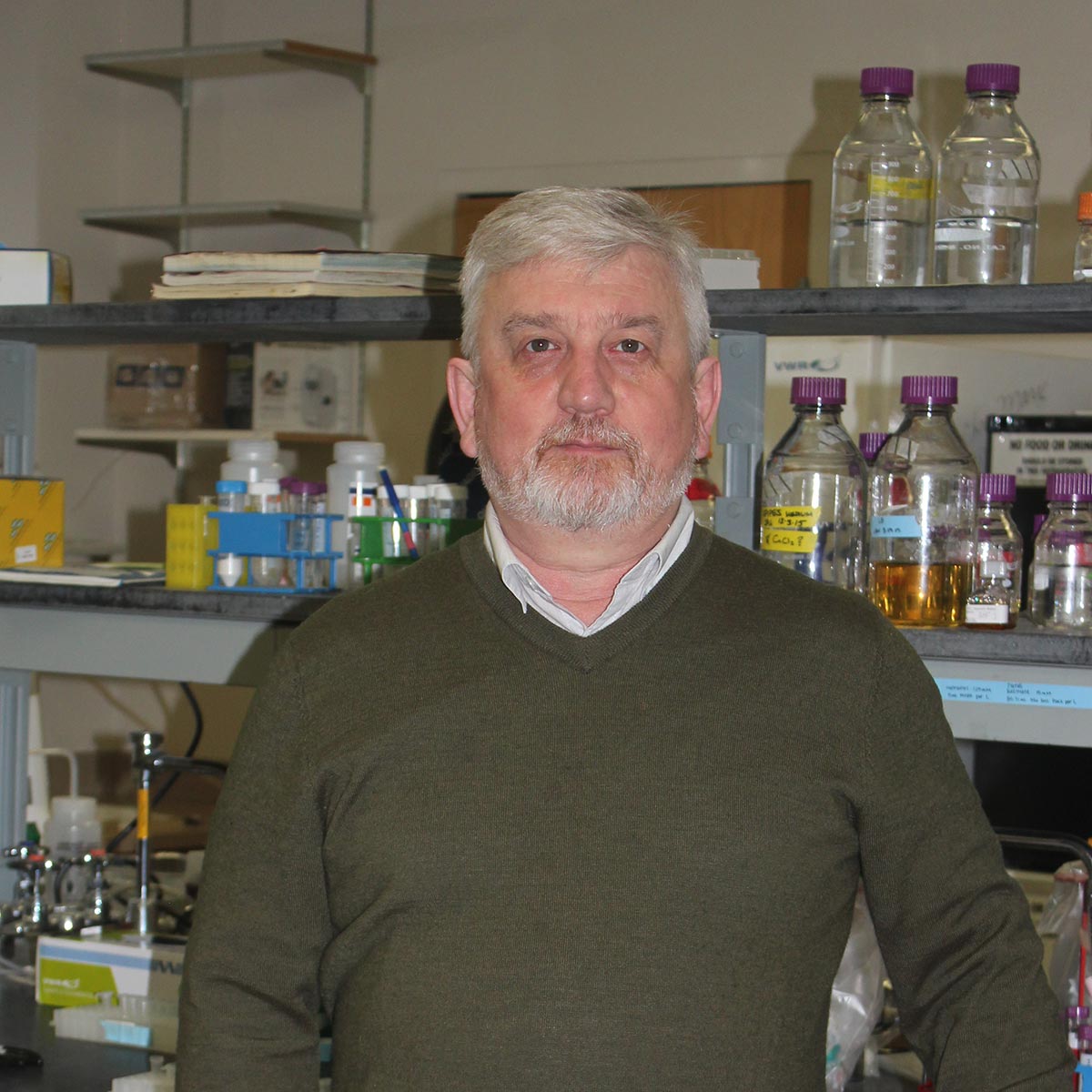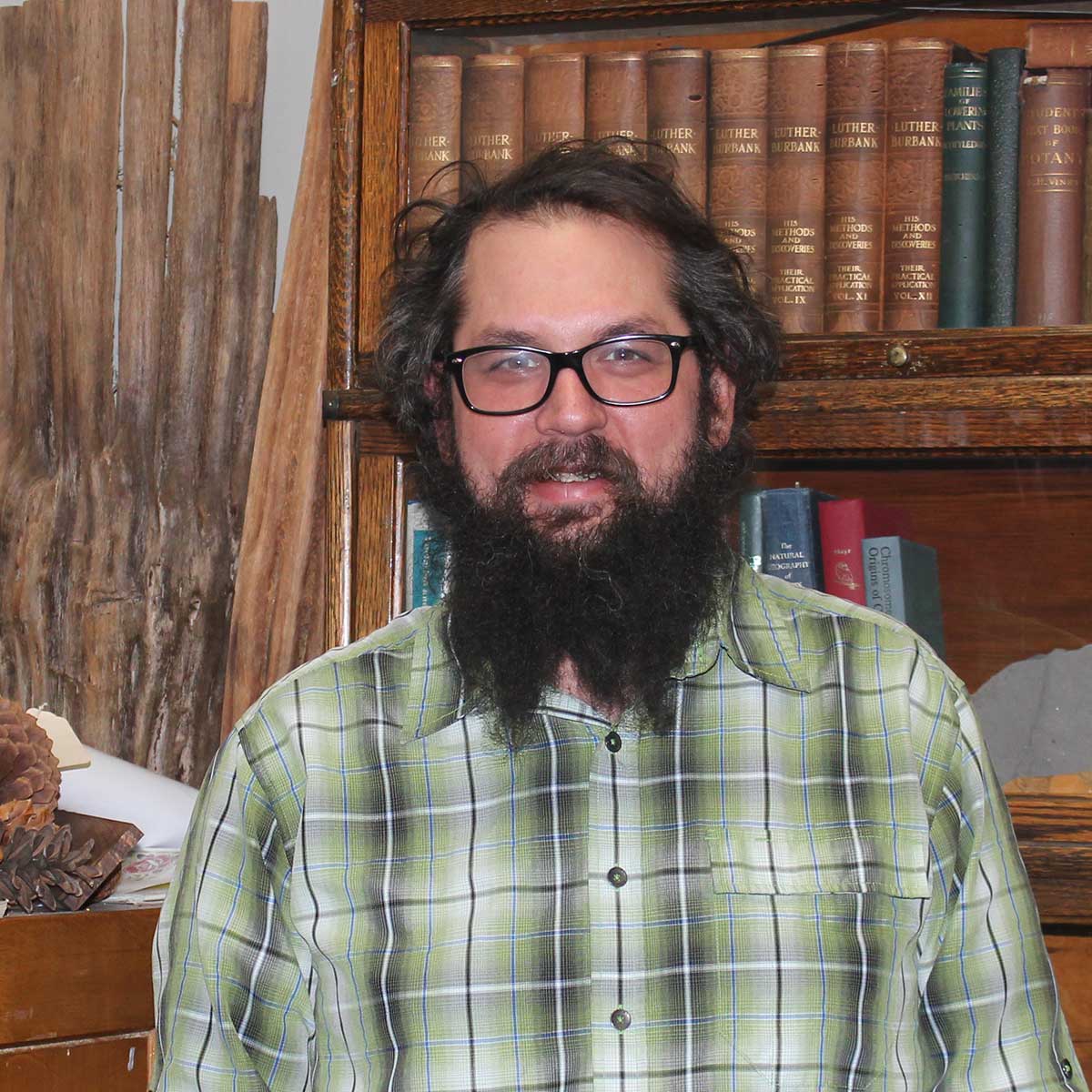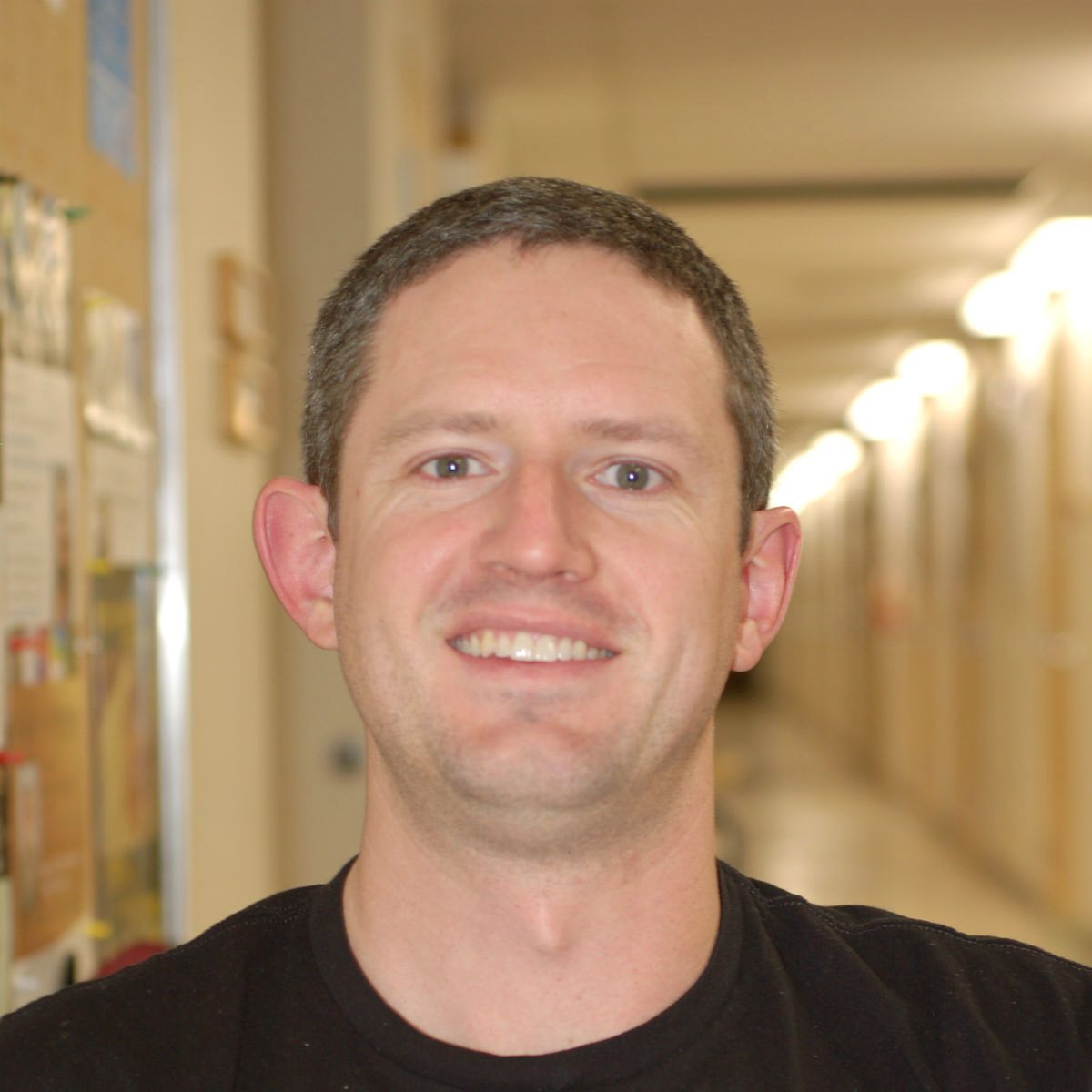Adjunct & Affiliate Faculty
Tyler Bland
Affiliate Faculty
Phone: 208-885-1236
tbland@uidaho.edu
Office: WWAMI Medical Education Building 153B
Dr. Bland's WWAMI Faculty Profile Page
Current work in Dr. Bland’s laboratory is aimed at understanding the mechanism of cancer drug resistance, with special focus on chemotherapy resistance in non-small cell lung cancer (NSCLC) and the potential for repurposing drugs from other areas of the clinic as treatments for this lethal disease. Dr. Bland has a diverse background in biochemistry, neuroscience, cancer biology, and pharmacology. He is the pharmacology site lead in the WWAMI Program at the University of Idaho

Rajal G. Cohen, Ph.D.
Affiliate Faculty
Assistant Professor of Psychology & Communication Studies
Graduate Faculty in Human Factors and Neuroscience
University of Idaho, 875 Perimeter Drive MS 3043
Moscow ID 83844-3043
rcohen@uidaho.edu
208-885-4102
My research uses tools and concepts from cognitive psychology, neuroscience, and kinesiology to inform and inspire questions about posture and voluntary movement - in healthy young adults as well as in the context of Parkinson’s disease, aging, and musculoskeletal pain. Recently we have looked at which cognitive factors are associated with postural alignment and gait in healthy older adults, at how postural tone affects neck pain, and at how biofeedback may cause a tradeoff between postural alignment and computer task performance. We are also involved in some multi-site intervention studies and neuroimaging studies.
Cohen Lab

Courtney Conway, Ph.D.
Affiliate Faculty
Director of the Idaho Cooperative Fish & Wildlife Research Unit
University of Idaho, 875 Perimeter Drive MS 1141
Moscow ID 83844-1141
cconway@uidaho.edu
208-885-6176
Research Interests: Behavioral Ecology of Birds and Mammals, Conservation Biology, Animal Migration, and Life History Evolution
My students and I examine the underlying causes of variation in animal behaviors and environmental clines in their life-history traits. We use the hypothetic-deductive method to test alternative hypotheses using a combination of field and lab-based predictions. Most of our projects focus on wild bird populations and we collaborate with agency biologists and faculty in many colleges across the U of I campus and other Universities. Several recent projects in my lab have focused on the causes and consequences of animal migrations, and we often take advantage of latitudinal or altitudinal clines in behavioral or life history traits to test predictions of mechanistic hypotheses to explain the causes of phenotypic variation in those traits. We also commonly explore the effects of climate on animal behaviors and the synergistic effects of biotic and abiotic factors on animal behaviors.

Alexandra Fraik
Adjunct Faculty
alexandra.fraik@usda.gov
Rocky Mountain Research Station, Wildlife Terrestrial Ecosystem Program of Missoula, MT
Research biological scientist focusing on conservation genetics and genomics at the National Wildlife and Fish Genomics Center at the Rocky Mountain Research Station for the USDA Forest Service.

Esteban Hernandez-Vargas
Affiliate Faculty
Department of Mathematics and Statistical Science
University of Idaho
875 Perimeter Drive, MS 1103
Moscow, ID 83844-1103
Ph: 208-885-2188
Email: estaban@uidaho.edu
Web: https://www.systemsmedicine.de/
Research:
Our research group "Systems Medicine of Infectious Diseases" seeks new avenues for holistic understanding against infectious diseases at the meeting point of mathematics, machine learning, and infection biology. New multi-scale mathematical approaches are developed in our lab to dissect host immune-regulatory mechanisms during acute and chronic infections, and their respective evolution in the host.

Patrick J. Hrdlicka
Affiliate Faculty
Department of Chemistry
University of Idaho
208-885-0108
hrdlicka@uidaho.edu
Patrick J. Hrdlicka's website
I am a nucleic acid chemist with interests at the interface of chemistry, molecular biology and materials science. My research team specifically aims to i) develop and characterize oligonucleotides that enable sequence-unrestricted targeting of double-stranded DNA, and ii) utilize these molecular tools to detect and regulate genes in different biological models.
Projects may accordingly incorporate elements from synthetic organic chemistry, molecular biology, bioanalytical chemistry and biophysical chemistry.

Brian Kennedy
Affiliate Faculty
Dept. of Fish & Wildlife Resources
College of Natural Resources
University of Idaho
208-885-5171
kennedy@uidaho.edu
Brian Kennedy's website
I am interested in how ecological, evolutionary and ecosystem processes interact to determine how populations function over time. Much of the work in our lab is currently focused on the community ecology and population dynamics of salmon in river ecosystems. Projects include studying the evolution of life history strategies for fish and understanding how changing flow dynamics of river systems alter food web dynamics and fish bioenergetics.

Peter Meserve
Adjunct Faculty
Distinguished Research Professor, Northern Illinois University, Emeritus
I recently retired to Moscow from 35 years of teaching at Northern Illinois University (DeKalb, IL); courses I taught there as well as at the University of Idaho in 1975-1976 included mammalogy, ornithology, biogeography, and ecology. I continue to be involved in a long-term ecological study of small mammals, vertebrate predators, plants, and other organisms in a semiarid community near La Serena, north-central Chile. Now in its 27th year, we are conducting experimental manipulations of predators, competitors, and herbivores, and monitoring long-term responses of the biota to on-going climatic change supported by grants from the National Science Foundation, FONDECYT Chile, and the Institute of Ecology and Biodiversity (Santiago).

Andrew Pierce
Adjunct Faculty
Lab: Gibb Hall 235
208-885-8857
Office: 208-885-6057
apierce@uidaho.edu
My background is in endocrine regulation of growth in fishes, focusing on the roles of growth hormone and the insulin-like growth factors. A general goal of my research is to develop bioindicators based on fish physiology and endocrinology, and to apply these in the conservation and management of fish populations. In my current position, I am developing methods to capture, evaluate, and recondition post-spawning anadromous steelhead kelts. I am employed by the Columbia River Inter-Tribal Fish Commission (CRITFC), and stationed in the Department of Biological Sciences at the University of Idaho.

Christopher Remien
Affiliate Faculty
Department of Mathematics
cremien@uidaho.edu
http://www.webpages.uidaho.edu/cremien/
Research Interests: I am broadly interested in mathematical biology, developing and applying mathematical techniques to answer important biological questions. Much of my research uses mathematical methods to analyze how animals process nutrients and toxins with applications in medicine and ecology. I have applied mathematical methods to issues as diverse as acetaminophen (paracetamol, Tylenol) overdose, incorporation of stable isotopes into animal tissues, and microbial detoxification of ingested toxins in mammals. The mathematics are diverse, including dynamical systems, bifurcation theory, probability, inverse methods, statistics, numerical analysis, and simulations.

Nathan Schiele
Department of Biological Engineering
University of Idaho
875 Perimeter Drive MS 0904
Moscow, ID 83844
Office: Engineering/Physics 412
Phone: 208-885-9063
nrschiele@uidaho.edu
Research/Focus Areas: Tissue Engineering, Mechanobiology, Musculoskeletal Tissues, Tendon Mechanics, Stem Cell Differentiation

Irvin R. Schultz
Adjunct Faculty
Toxicologist
Lynker Technologies under contract to Northwest Fisheries Science Center, National Marine Fisheries Service, National Oceanic and Atmospheric Administration, Seattle, WA, USA.
irvin.schultz@noaa.gov
Research Areas: Ecotoxicology and Biotechnology, Marine and Coastal Resources, Marine and Environmental Chemistry, Water Resources Modeling

Sergey Stolyar
Adjunct Faculty
Email: sstolyar1717@gmail.com
Phone: 206-931-8762

Dave Tank
Adjunct Faculty
University of Wyoming - Botany
Email: dtank@uwyo.edu
Phone: 307-766-2384

JT Van Leuven
Affiliate Faculty
jvanleuven@uidaho.edu
Originally from Spokane, WA, I spent time in Montana as an undergraduate and graduate student. As an undergrad, I studied melanistic garter snakes around Townsend, MT (http://crimsonbluffs.org/Black_Snake.html). As a senior, I became interested in microbiology and joined Dr. John McCutcheon’s lab at the University of Montana (http://mccutcheonlab.org/), where I used genomics and microscopy to uncover the role of endosymbiotic bacteria in cicadas. Because of an interest in studying the interactions between viruses, bacteria, and animals, I joined the Institute for Modeling Collaboration and Innovation (IMCI) in 2016 as a postdoc where I received training in bacteriophage experimental evolution and statistical modeling.








